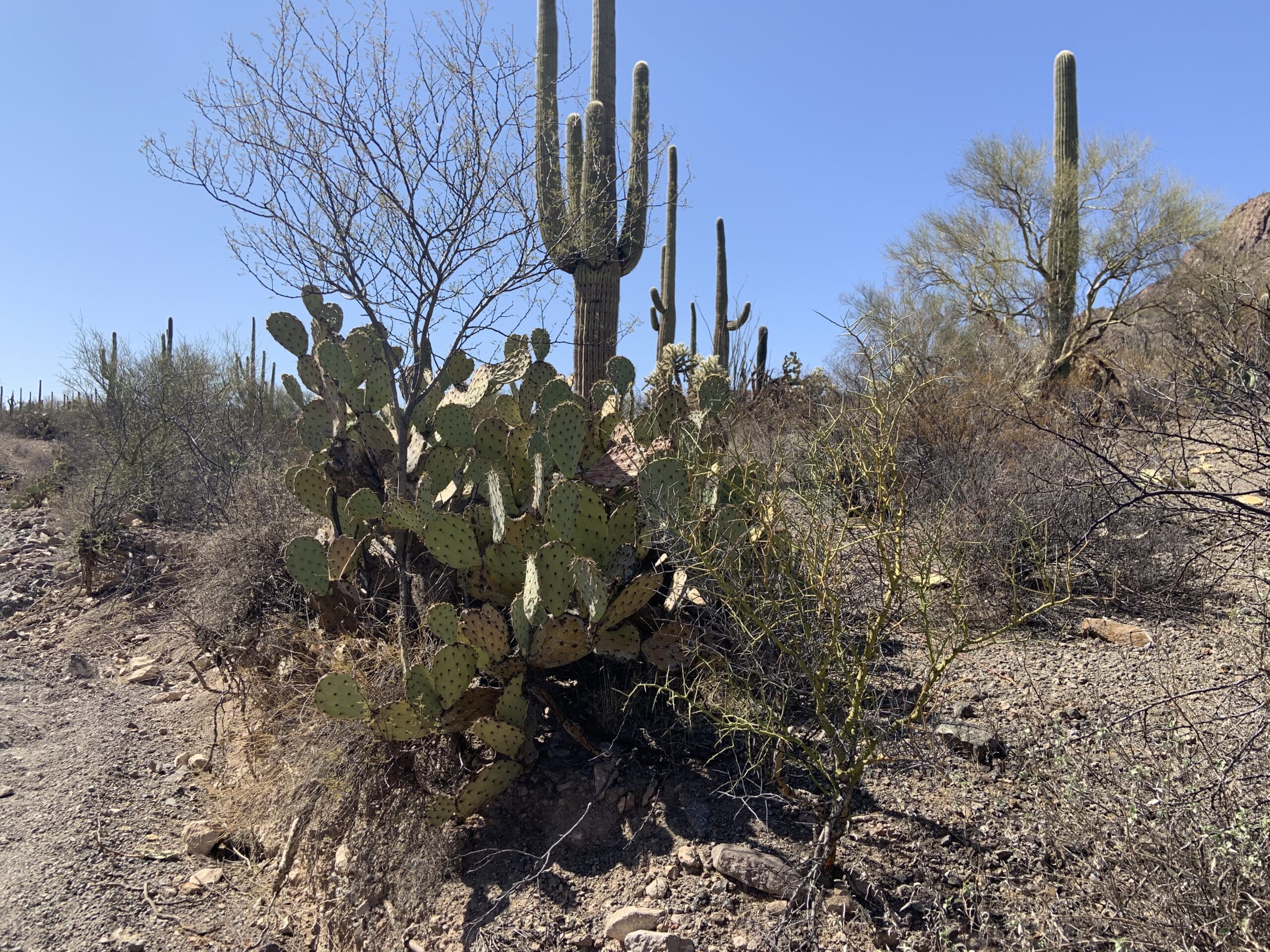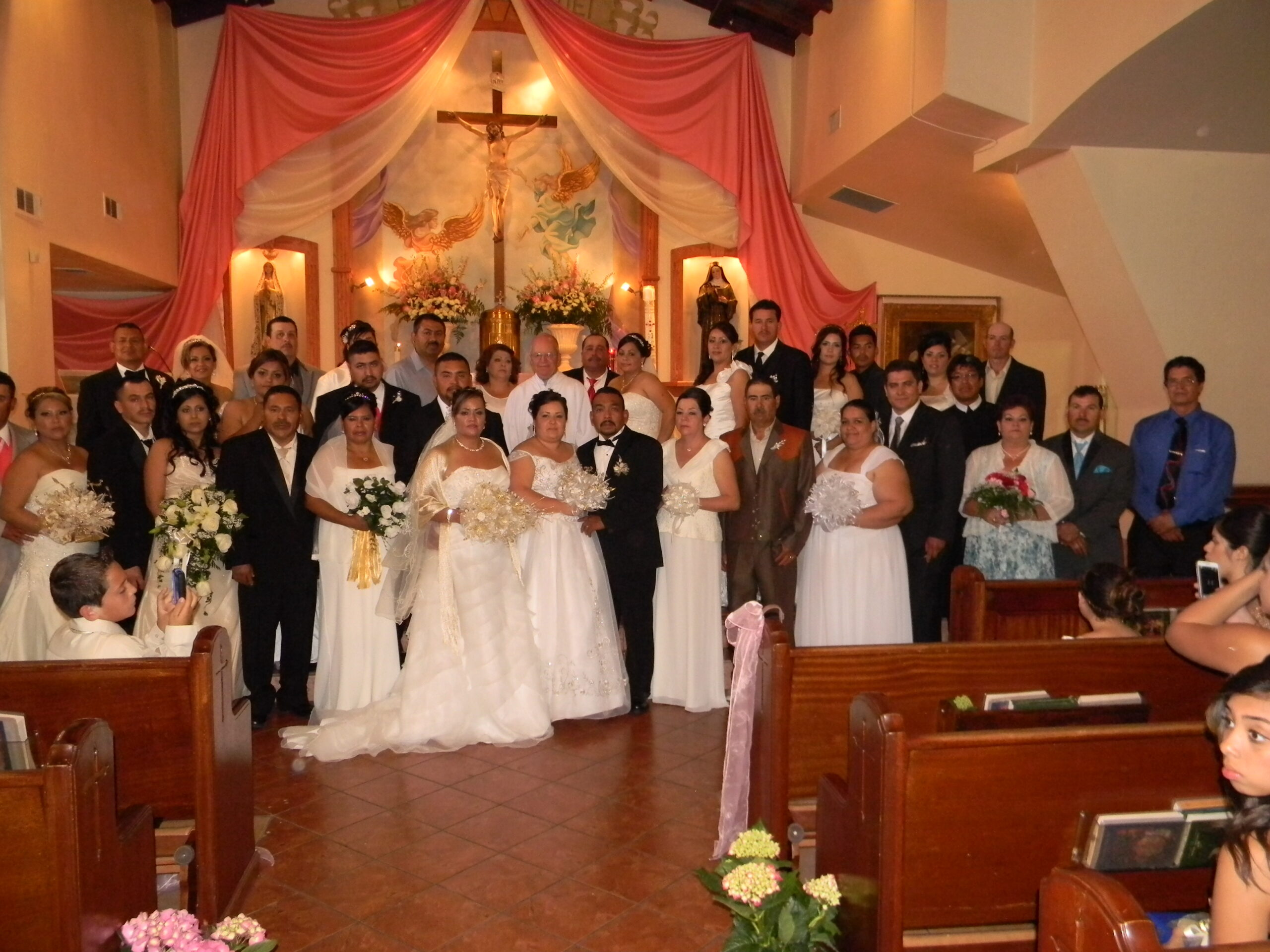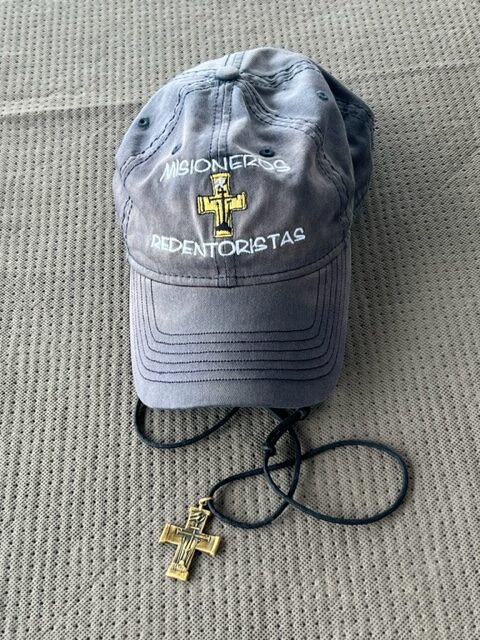Understanding culture / Entender la cultura
(Durante los últimos 12 días, el Padre Migrante ha considerado la migración y la inmigración. Deseo reflexionar durante unos días sobre cómo comprender, apreciar y abrazar la cultura).
Entender la cultura
Un sacerdote se fue a estudiar el idioma español y la cultura latina. Aprender el idioma implica estudiar y practicar el idioma. En un instituto aprenderá sobre historia, demografía y el patrimonio social, económico y religioso de América Latina. Se sumergirá en la vida de la comunidad donde estudiará. Aprenderá sobre la cultura. Está dando los primeros pasos para comprender, apreciar y abrazar las culturas de los latinoamericanos.
Antes de considerar la cultura, necesito aclarar mi uso del término cultura. Una definición general de cultura: las formas de vida, incluidas las artes, las creencias y las instituciones de una población que se transmiten de generación en generación. Esto sirve para introducir a una persona a las manifestaciones de la cultura en las personas. Cuando se usa el término, se invita estrechamente a formas positivas y a veces poco saludables de considerar culturas diferentes a la propia. Esta definición es como un regalo. El conocimiento de la cultura es ver el papel de regalo y no logra revelar la historia, la motivación, la vitalidad y el amor del regalo que lleva dentro. Esto puede conducir a una comprensión superficial de la cultura mexicana, la cultura irlandesa, la cultura italiana, la cultura católica o cualquier cultura descrita. También puede crear visiones ambivalentes y negativas sobre la cultura al considerar las formas de vida de las pandillas, la gente de la calle, los encarcelados, “esa gente” quienesquiera que sean.
Algunos hablan de la violencia doméstica, la mala educación, los comportamientos adictivos y las acciones racistas como cultura. Las justificaciones para el desprecio, la hostilidad e incluso el odio surgen de juzgar a otros por las acciones negativas comúnmente reportadas por periodistas sensacionalistas. Mientras consideramos la cultura en esos días, invito al lector a buscar una comprensión de la cultura basada en la experiencia compartida, apreciación de las creencias y las motivaciones que animan las culturas de los demás.
La pandilla de San José
El barrio de la iglesia de San José en Denver era conocido como un “barrio peligroso”. Era conocida por las pandillas juveniles, las drogas, la delincuencia y la pobreza. El idioma del barrio era español y la jerga de las pandillas. Los jóvenes vivieron en un ambiente de influencias negativas. También vivían en una comunidad de migrantes e inmigrantes fervientes en la devoción católica. Hubo influencias positivas en el barrio que buscaban intervenir en los “aspirantes” a las pandillas. Algunas de las buenas influencias fueron el Boys and Girls Club, las escuelas, la Iglesia Menonita, la Iglesia San José y la Casa San Alfonso.
Un día, varios jóvenes de la Casa San Alfonso y San José fueron entrevistados en un programa popular de radio. Durante media hora, el director del programa entrevistó a tres de los jóvenes de 17 a 22 años. Cada uno de los jóvenes llevaba una cruz. Era una cruz que nadie podía comprar. Se entregó a los jóvenes activos en el grupo de jóvenes y San José. Preguntó por la cruz. J_____ dijo: “El grupo de San José es nuestra pandilla. Después de que alguien viene a orar con nosotros tres o cuatro veces, recibe la cruz. Las pandillas tienen sus colores y sus actividades. Nosotros tenemos la cruz redentorista y celebramos de nuestra herencia, generosidad, responsabilidad, perdón, alegría y amor”.
Cuando J_____ habló sobre la pandilla de San José, celebró la cultura motivada por la fe, el honor familiar y la lealtad a otros que aspiran a superar los desafíos de vivir en un barrio peligroso. A medida que algunos ingresan a los estudios de idiomas para servir mejor a las comunidades de inmigrantes, que busquen el conocimiento de la cultura más allá de las formas superficiales de vida y las creencias de los demás. Comprender y apreciar la cultura lleva toda una vida. Después de treinta años, cada día hay más que aprender.
(Si tienes observaciones o preguntas para Padre Migrante, envían las a padremigrante@gmail.com)
(For the past 12 days, Padre Migrante has considered migration and immigration. I wish to reflect for a few days on understanding, appreciating and embracing culture.)
Understanding culture
A priest went away to study Spanish and Latino culture. Learning the language involves study and practice. In an institute he will learn about history, demographics, and the social, economic and religious heritage of Latin America. He will immerse himself in the life of the community where he will study. He will learn about the culture. He is taking the first steps towards understanding, appreciating and embracing the cultures of Latino Americans.
Before considering culture, I need to clarify my use of the term culture. A general definition of culture: the ways of life including arts, beliefs and institutions of a population that are passed down from generation to generation. This serves to introduce a person to manifestations of culture in people. When using the term narrowly invites positive and at times unhealthy ways of considering cultures different from one’s own. This definition is like a gift. Knowledge about culture is to see the wrapping paper and fails to reveal the history, the motivation, the vitality and the love of the gift inside. This can lead to a shallow understanding of Mexican culture, Irish culture, Italian culture, Catholic culture or any culture described. It can also create ambivalent and negative views on culture when considering the ways of life of gangs, street people, prisons, “those people” whomever they may be.
Some people speak of domestic violence, rudeness, addictive behaviors, and racist actions as culture. Justifications for scorn, hostility and even hatred arise from judging people of other groups by the negative actions commonly reported by sensationalistic journalists. As we consider culture over the next few days, I invite readers to seek an understanding of culture based on shared experience, appreciation of beliefs and motivations that animate the cultures of others.
The St. Joseph’s gang
The neighborhood of St. Joseph’s Church in Denver was known as a “tough neighborhood”. It was known for youth gangs, drugs, delinquency and poverty. The languages of the streets were Spanish and gang slang. The youth at the parish were youth living with the lure of negative influences. They also lived in a community of migrants and immigrants fervent in Catholic devotion. There were positive influences in the neighborhood seeking to intervene on the gang “wannabes”, and common term for youth in the barrio not yet attached to gangs. Some of the good influences were the Boys and Girls Club, the schools, the Mennonite Church, St. Joe’s and Casa San Alfonso.
One day, several members of Casa San Alfonso and St. Joe’s youth group were interviewed on a popular radio program. For a half-hour, the program director interviewed three of our young people ages 17 to 22 years old. Each of the young people wore a cross. It was a cross that no one could buy. It was given to young people active in the youth group and St. Joe’s. He asked about the cross. J_____ said, “The San José group is our gang. After a person comes to pray with us three or four times, they receive the cross. Street gangs have their colors, and their activities. We have the Redemptorist cross, and show pride in our heritage, generosity, responsibility, forgiveness, joy and love.”
When J_____ spoke about the San José gang, he celebrated the culture motivated by faith, family honor, and loyalty to others aspiring rise above the challenges of living in a difficult barrio. As people enter language studies to better serve immigrant communities, may they seek knowledge of culture beyond superficial ways of life and beliefs of others. Understanding and appreciating culture takes a lifetime. After thirty years, each day there is more to learn.
(If you want Padre Migrante to respond to your concerns or questions, write to: padremigrante@gmail.com)
Oh Jesús, tú nos llamas: “Síganme”. Bendice, Señor, a todos los que acogen tu llamado. Puede que el camino no sea fácil, pero tenemos la confianza de que todo es posible si caminamos contigo. Que este viaje nos abra los ojos a las maravillas de tu amor por nosotros. Oramos por toda tu gente, por todos los creyentes e incrédulos, por los líderes y seguidores. Oramos por la sanación, el perdón, la compasión, la justicia y la paz. Oramos para que, al seguirte, nosotros también podamos ser pescadores de hombres. Bendícenos en nuestro viaje.
O Jesus, you call us, “Come after me.” Bless, O Lord, all who welcome your call. The path may not be easy, but we have confidence that all things are possible if we walk with you. May this journey, open our eyes to the wonders of your love for us. We pray for all your people, for all believers and unbelievers, for leaders and followers. We pray for healing, for forgiveness, for compassion, for justice, for peace. We pray that as we follow you, we too can be fishers of men. Bless us on our journey.




